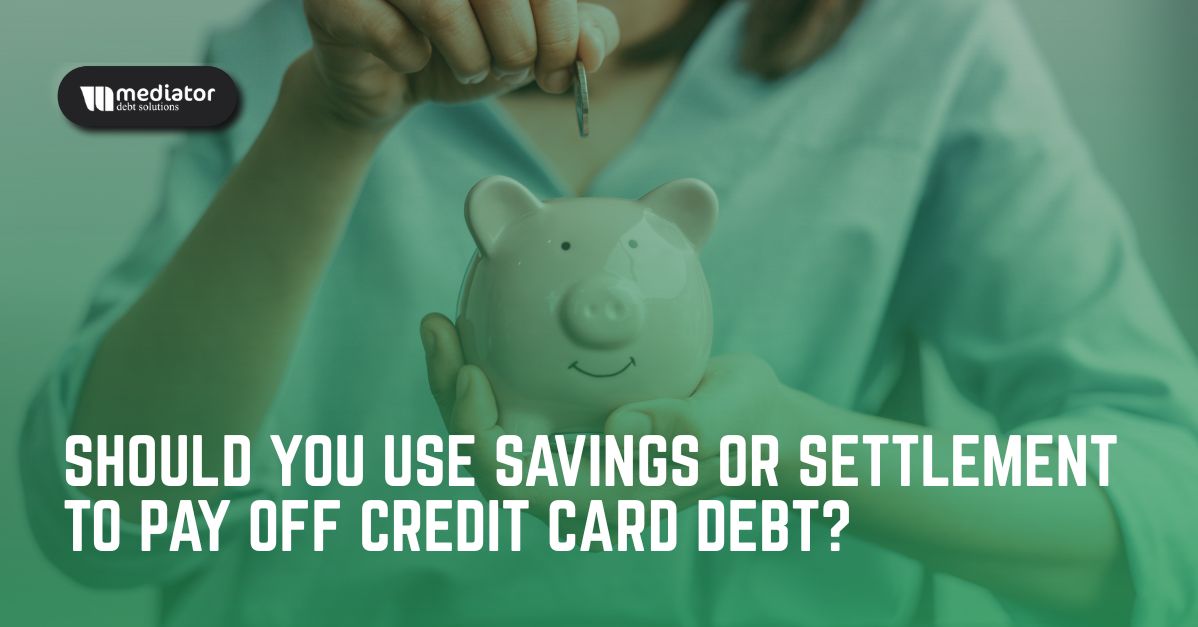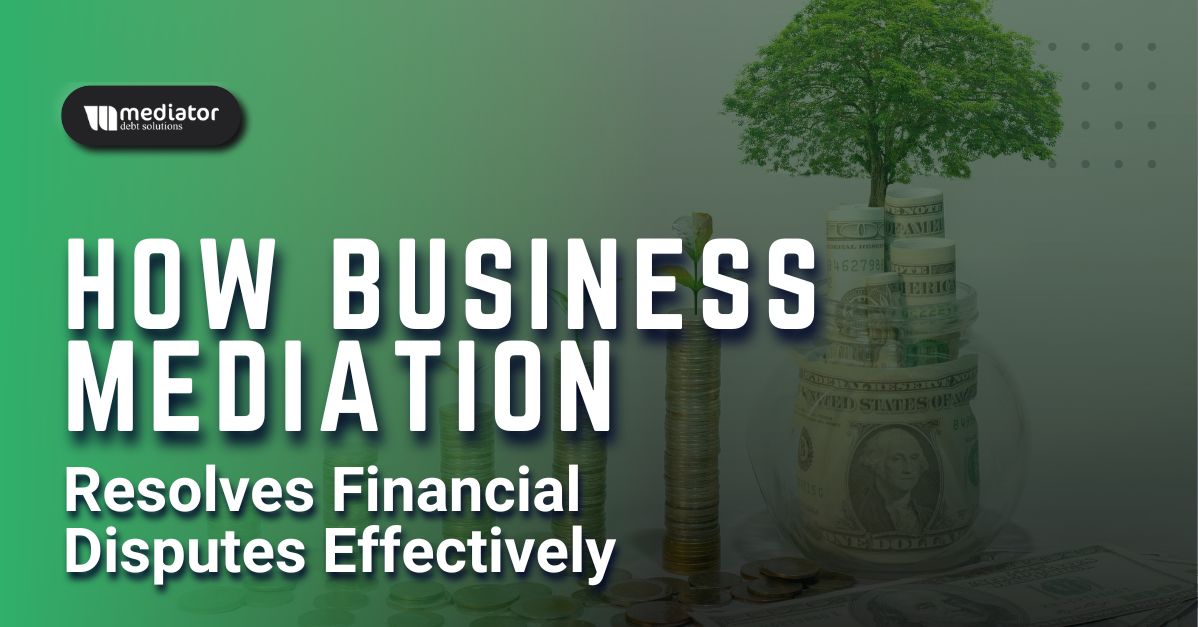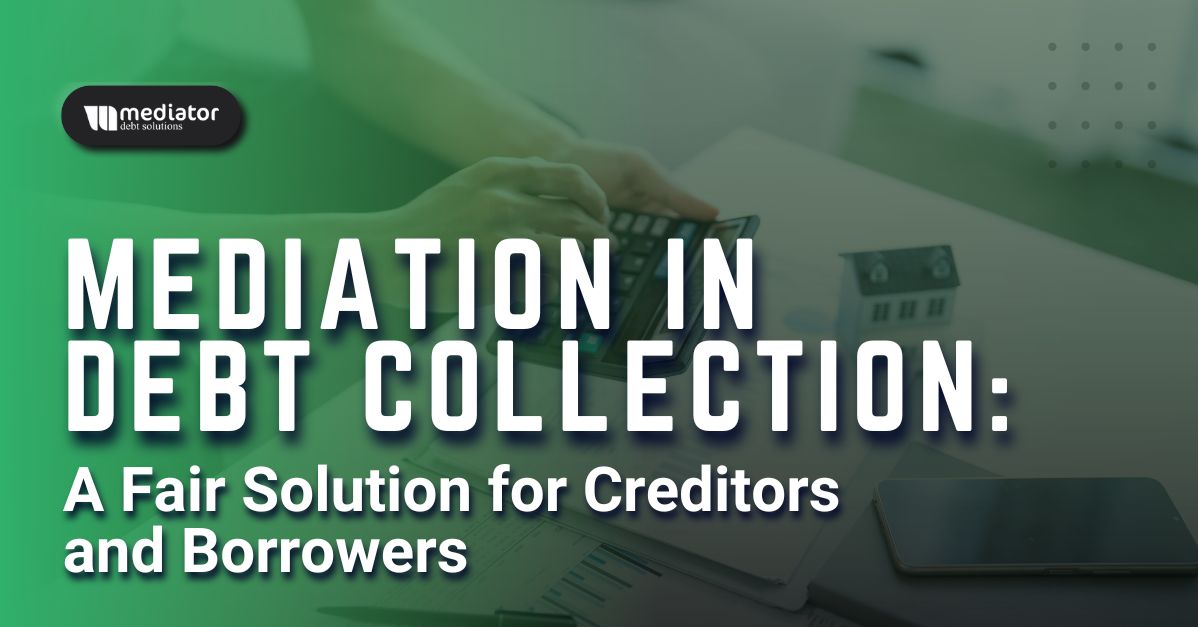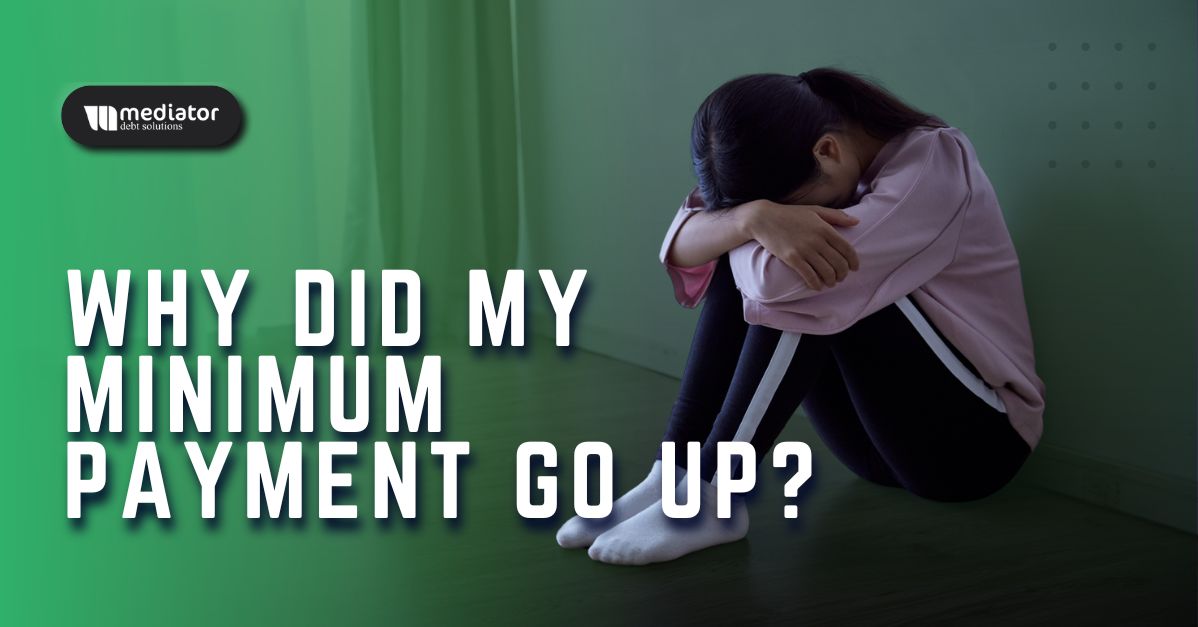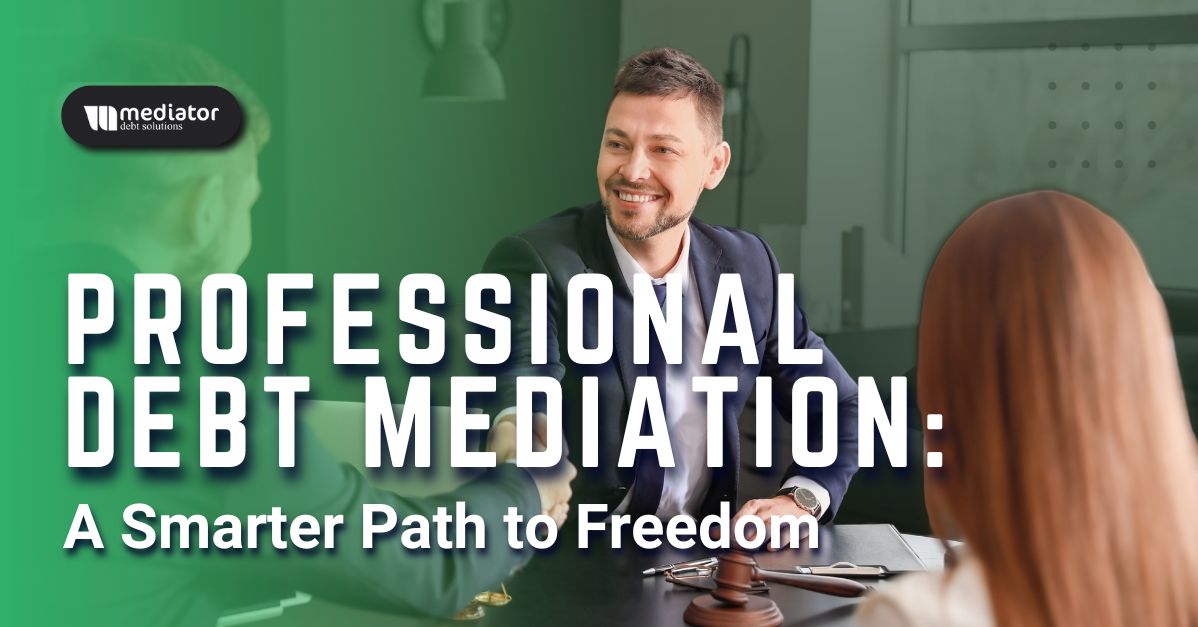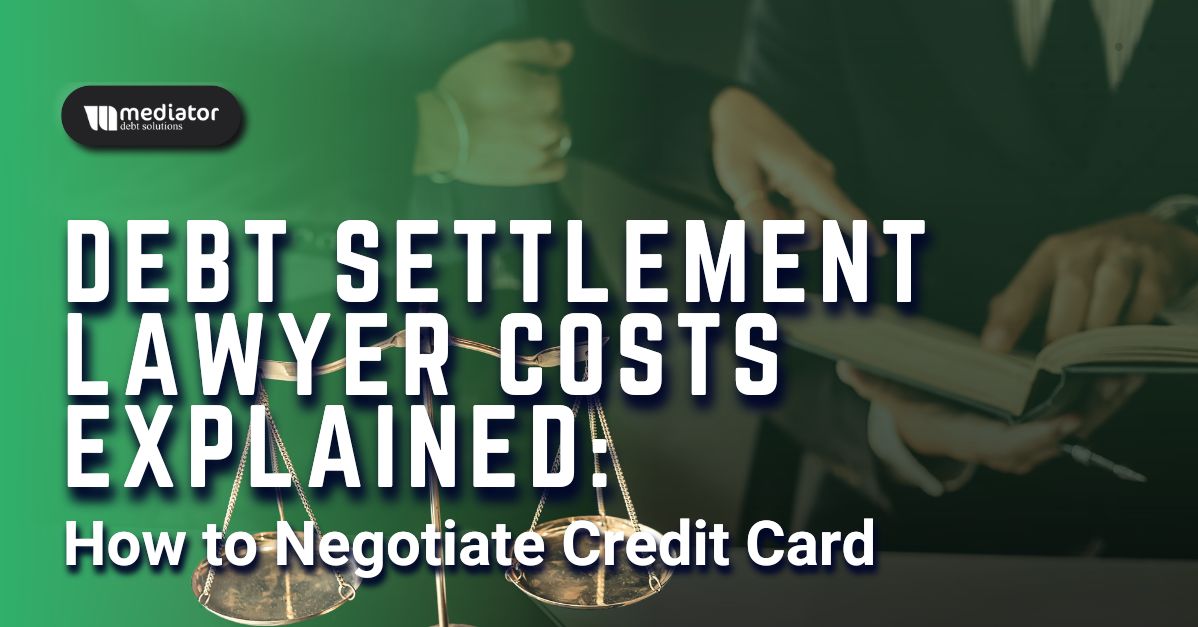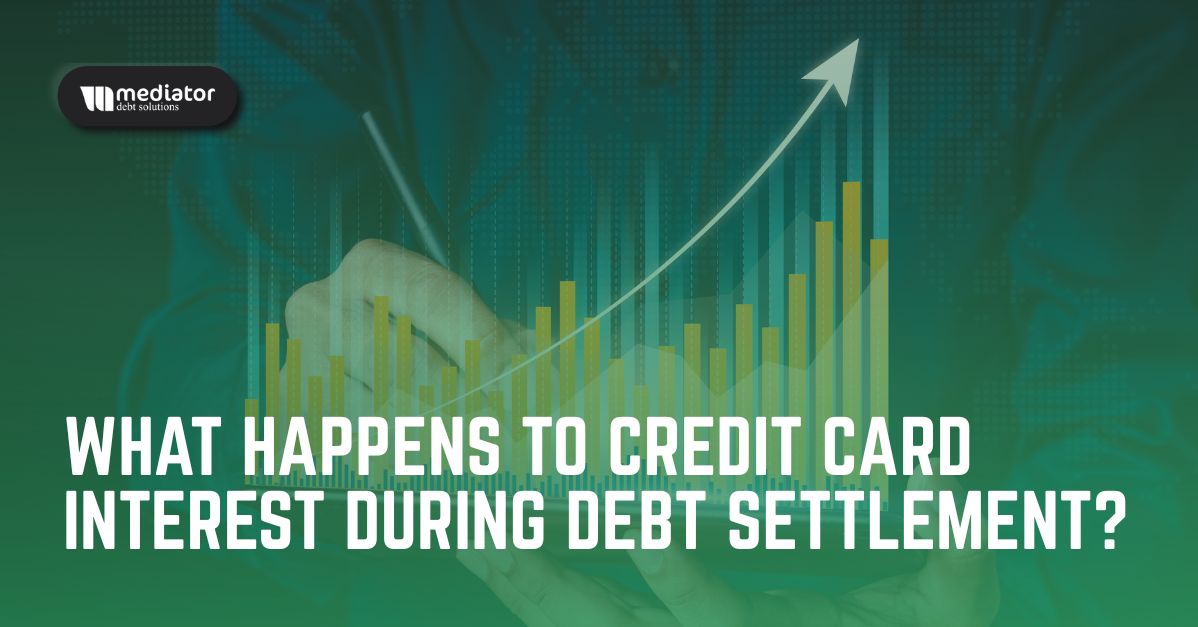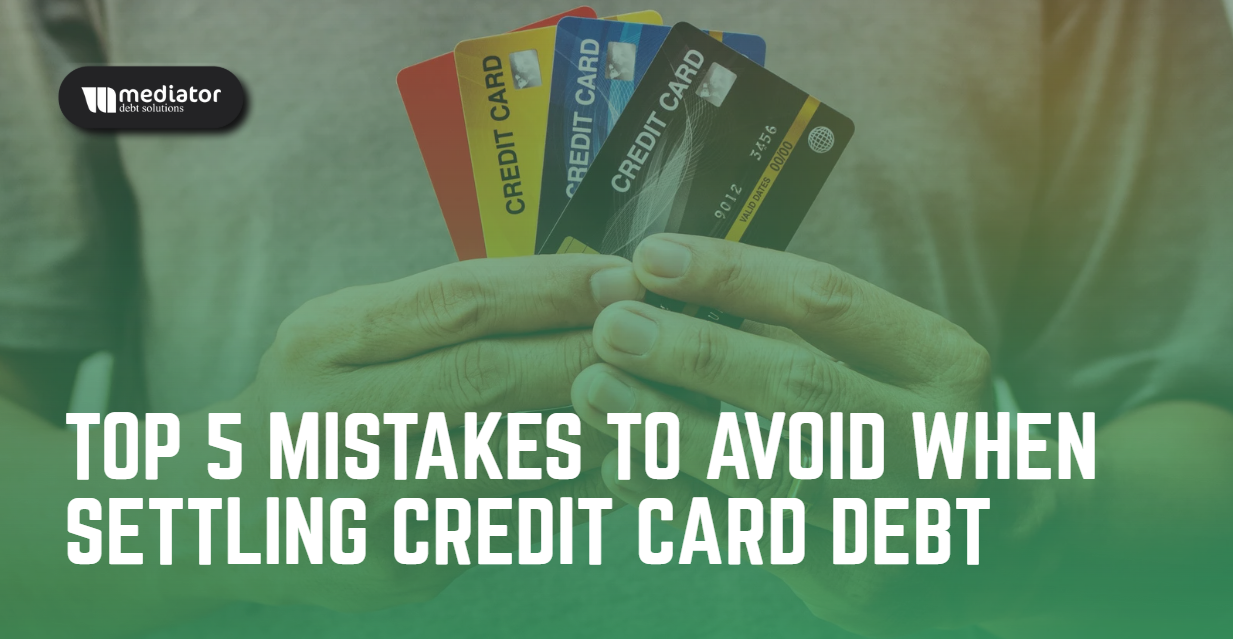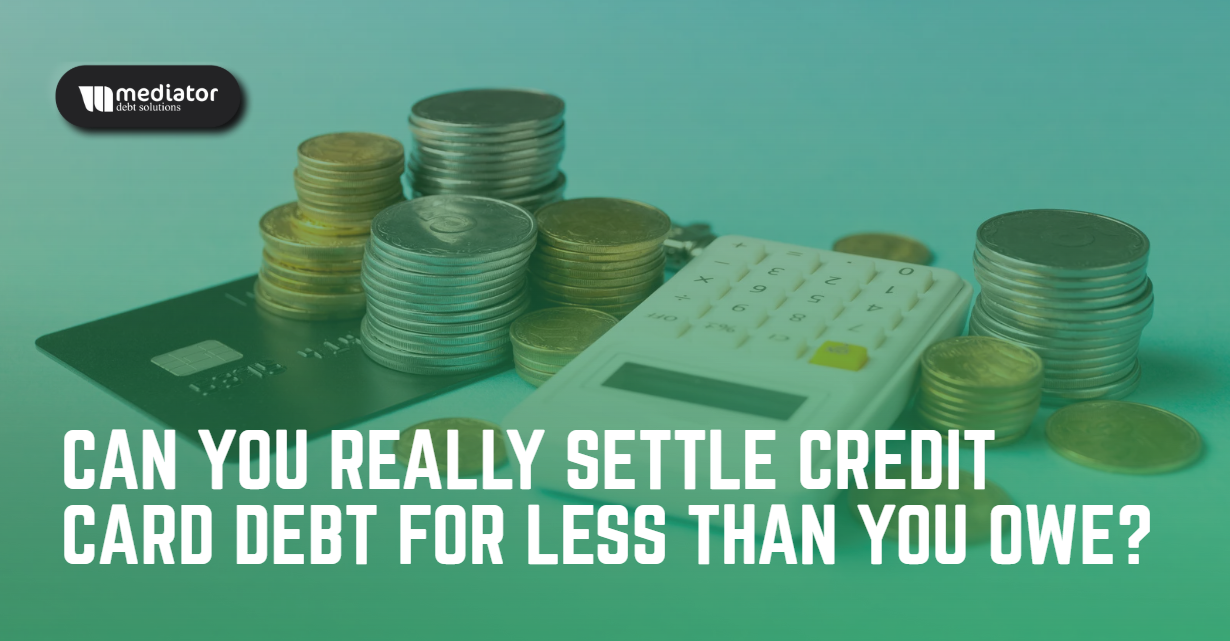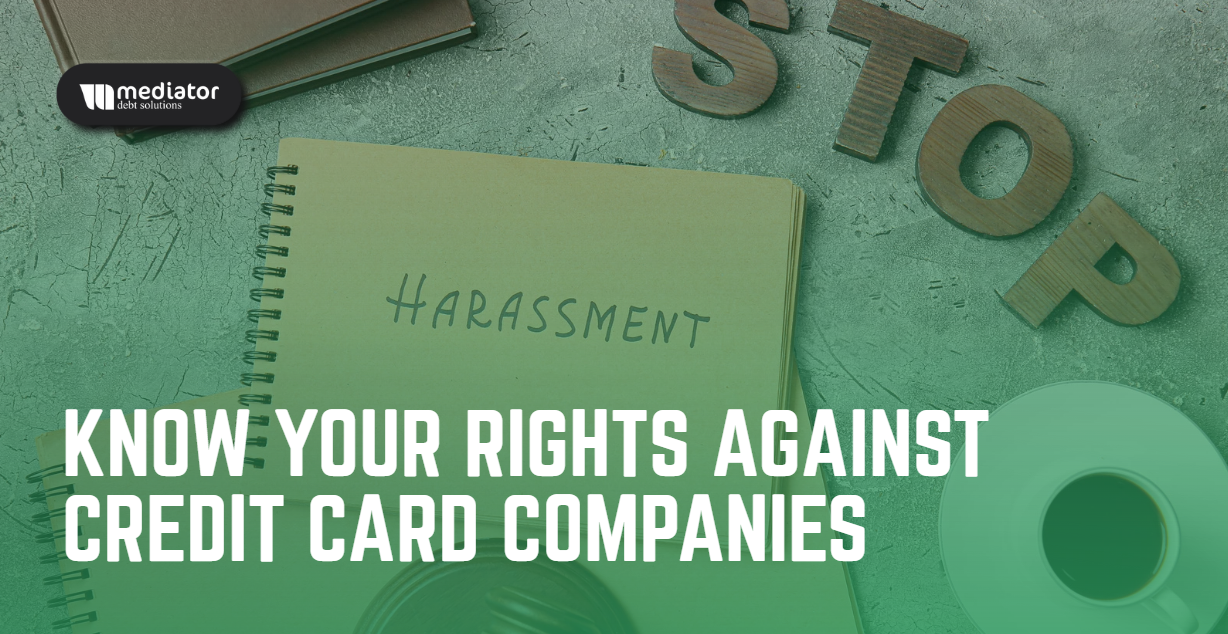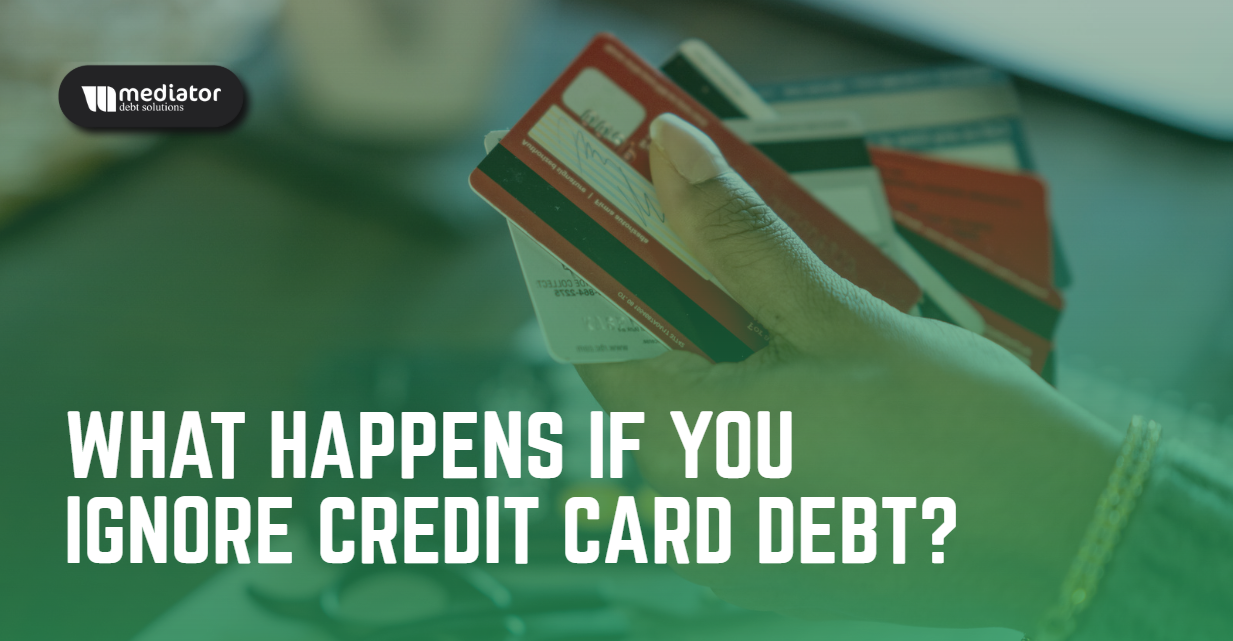f you’re staring at mounting credit card balances and watching your savings account shrink, you’re not alone. Many Americans are asking themselves the same question:
Should I use my savings to pay off credit card debt?
It’s a tough decision, especially when you’ve worked hard to build that financial cushion. But before you dip into your emergency fund or wipe out your savings to clear your credit card balances, let’s take a closer look at what’s really at stake—and what other options you might have.
Option 1: Using Savings to Pay Off Debt
Let’s say you have $10,000 in savings and $10,000 in credit card debt. It might seem logical to use that cash to pay off the debt and breathe easier. And yes—this approach can eliminate interest charges and remove the stress of high monthly payments.
Pros:
- You clear your debt immediately.
- No third parties involved.
- Your credit score may improve more quickly.
Cons:
- You lose your safety net for emergencies.
- If unexpected expenses pop up, you could end up back in debt.
- You miss out on the psychological (and actual) stability of having money in savings.
Bottom line: Using all your savings to pay off credit card debt can be risky, especially if you don’t have a plan to replenish your funds quickly.
Option 2: Choosing Debt Settlement
Now, let’s say you keep your savings intact and instead work with a trusted company like Mediator Debt Solutions to explore debt settlement.
Debt settlement involves negotiating with your creditors to reduce the total amount you owe—often by 40–60%—and paying that reduced amount in a lump sum or structured payment plan.
Pros:
- Pay less than what you owe.
- Preserve your savings (or only use a portion).
- One step closer to being debt-free without financial risk.
Cons:
- Credit score may take a temporary dip.
- Some creditors may be harder to negotiate with than others.
- It requires patience and expert guidance.
Debt settlement is ideal for people who are struggling to keep up with high-interest payments, don’t want to file bankruptcy, and need real relief—without wiping out their savings.
Why Draining Your Savings Might Be a Mistake
Emergencies happen—medical bills, job loss, car repairs, or even rising rent. If your savings account drops to zero after paying off credit card debt, you may find yourself in a financial bind with no backup. This can lead to more debt, more stress, and more time spent trying to recover.
Even if you’re confident you won’t need the money soon, life has a way of proving otherwise. That’s why keeping a portion of your savings intact—and pursuing debt relief through negotiation—can offer both protection and progress.
So, What’s the Best Move?
There’s no one-size-fits-all answer. But here’s a good rule of thumb:
- If you have ample savings (enough for 6+ months of expenses), you might consider using a portion to reduce high-interest debt.
- But if using your savings would leave you vulnerable, debt settlement is likely the smarter route.
And remember—you don’t have to make this decision alone.
Let Mediator Debt Solutions Help You Decide
At Mediator Debt Solutions, we’ve helped thousands of people find the best way to tackle credit card debt without sacrificing their entire savings. We’ll review your financial picture, explain your options, and help you negotiate your debt legally and affordably.
You deserve financial peace of mind—and you can have it without draining every dollar you’ve saved.
Let’s talk about your options today. Because the best decision is an informed one—and you don’t have to face this alone.

